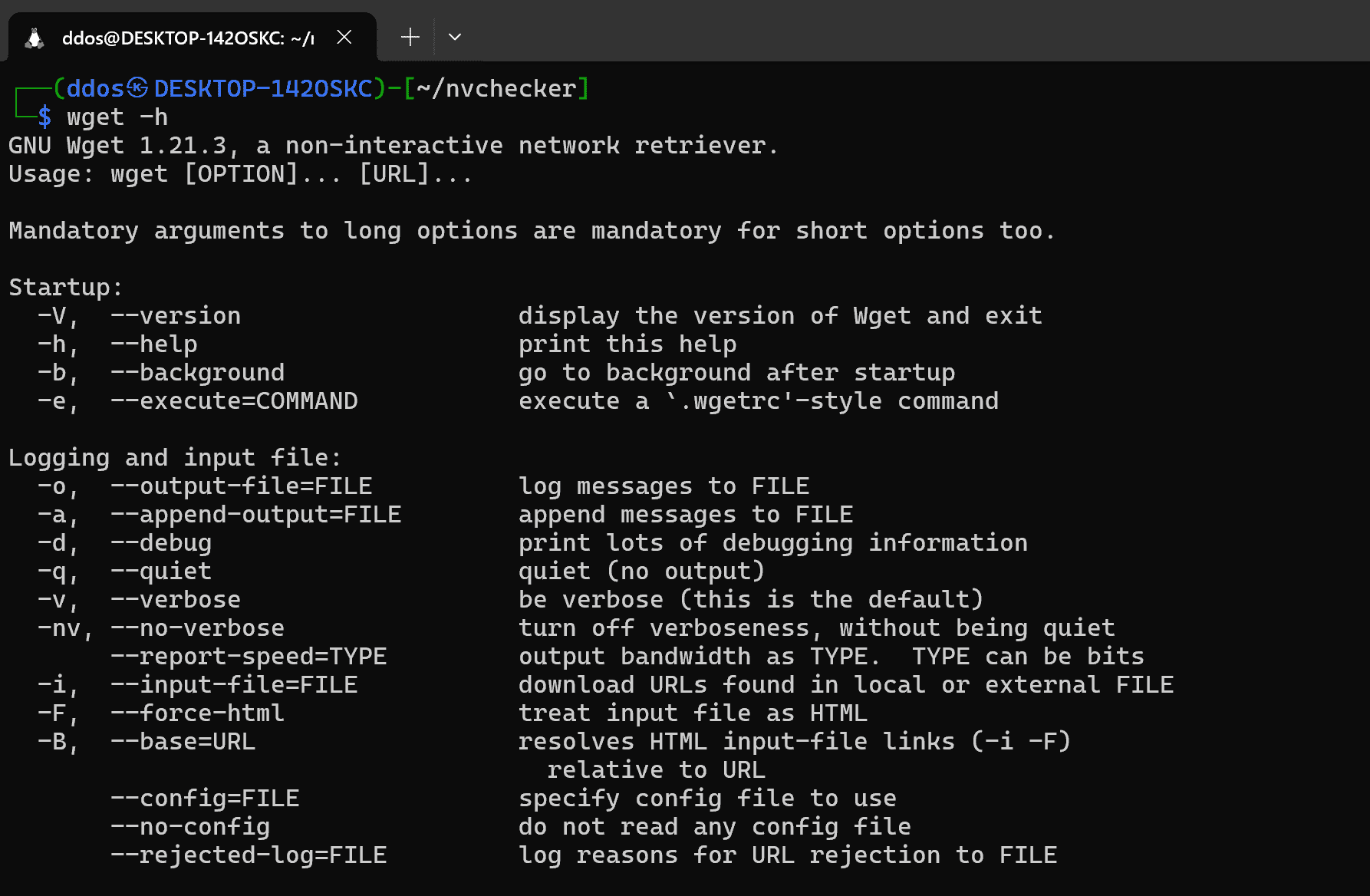
A newly discovered vulnerability in the popular Wget download utility could allow attackers to launch server-side request forgery (SSRF) attacks.
Security researcher Goni Golan from JFrog has identified a vulnerability in Wget, a widely-used command-line tool for downloading files from the internet. The vulnerability, tracked as CVE-2024-10524, could allow attackers to trick Wget into making unintended requests to internal or restricted servers.
Understanding the Vulnerability
The vulnerability stems from Wget’s support for shorthand URLs, a legacy feature that allows users to omit the protocol scheme (e.g., “http://”) in certain cases. However, Wget’s handling of these shorthand URLs can be exploited by attackers to manipulate the destination of requests.
“It has been discovered that when using the HTTP shorthand format with user-provided input, unexpected behavior may occur. Wget might issue an FTP request to a different host – a potentially attacker-controlled host or a restricted host which the user normally does not have access to. This SSRF vulnerability can be the starting point for many types of attacks.”
Exploitation Scenarios
Golan outlines several ways attackers could exploit this vulnerability, including:
- SSRF attacks: By manipulating shorthand URLs, attackers can force Wget to send requests to internal servers that are not normally accessible from the internet.
- Phishing attacks: Attackers can craft malicious links that appear to point to legitimate websites but actually redirect users to attacker-controlled servers.
- Man-in-the-middle (MitM) attacks: Attackers can position themselves between Wget and the intended server, intercepting and potentially manipulating data.
- Data leakage: Attackers can exploit the vulnerability to gain access to sensitive information, such as error logs or internal hostnames.
Impact and Remediation
The vulnerability affects all Wget versions up to and including 1.24.5. Users are urged to update to version 1.25.0 or later, which includes a fix for this issue.
Recommendations
- Update Wget: Update to the latest version of Wget to address the vulnerability.
- Sanitize User Input: If using Wget with user-provided input, carefully sanitize the input to prevent malicious manipulation of URLs.
- Avoid Shorthand URLs: When possible, avoid using shorthand URLs and explicitly specify the protocol scheme in all Wget requests.